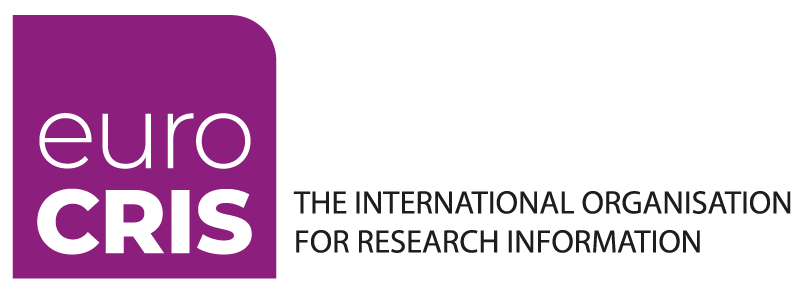Research funders generally joined the Open Access movement at a rather advanced stage (there are exceptions of course like the Wellcome Trust).
By issuing their own Open Access policies, funders were able to effectively change the course of the OA movement, which threatened to get stuck in the lack of researcher reaction to the persistent requests to self-archive their research outputs in institutional repositories. Funders have since then to a great extent driven the evolution of the landscape, since they're able to persuade publishers to adjust to their requirements, an area where academic institutions have traditionally been far less effective.
The main rationale for funders currently entering the Open Access movement is the opportunities that Open Access offers for increasing the impact of the results of their funded research. In some cases, this impact can potentially become life-saving, and this is precisely the area where the influence of research funders for a deeper implementation of Open Access has been more tangible.
Joining the Open Access community even in a loose way has also offered research funders an opportunity to improve their workflows and processes. In a way research funders had it much easier before taking this step -- all that was needed then was to grant their funding to a sufficiently solid research proposal that had been approved by a group of sufficiently reliable researchers. It was pretty much an internal affair between funder and researchers, and it was often the case that there would be no specific requirements towards the funded researchers to highlight the results of their funding. There were always project reports of course, but the list of funded research projects that have disappeared into the void leaving no public trace of their results is a very long one. In fact it continues to be a long one wherever the required accountability mechanisms are not properly applied. But this is changing very quickly.
Because most of these research funders are public organisations that receive their budget from the public purse, there is a responsibility to be accountable to the taxpayer for the work they do. Openness is a key aspect of such accountability. Moreover, with the arrival of Open Science and citizen science (not to mention Open Government and transparency), it should be a duty for any committed research funder to make available as much information as possible on the research projects they fund and on their results. Some research funders like the Research Councils UK have perfectly understood this specific duty, and have created the Gateway to Research portal where all the project information is openly offered in a structured way for any citizen interested in research to look into. The German Research Foundation has the GEPRIS project database with a description of the research projects they fund. Even the much loathed European Union has a fairly model CORDIS project database where a detailed account is made available for the research projects funded under different research framework programmes.
Smaller funders may not be able to implement such a feature so easily due to budget constraints, but this should nevertheless be an item in their list of priorities. It is not acceptable in this day and age that it is impossible to find online even a list of project titles with a date and a short project description. A spreadsheet of funded projects is not really rocket science, and every funder should be able to start with this small step regardless of its size and its level of social awareness. The benefits of openly sharing a more structured, more comprehensive information are very evident, not least in the prestige and the visibility of the grants towards its end-users the researchers.
Higher education institutions will naturally be the main direct beneficiaries of such a funded project database becoming available. Which is not totally unfair when considering that HEIs these days are often expected to provide a comprehensive account of the research outputs for such funded projects on behalf of their authors.



Comments
KAKEN project database in Japan
I have also recently come across this KAKEN project database hosted at the National Institute of Informatics (NII), https://kaken.nii.ac.jp/en/index/. The metadata set for funded projects is fairly basic, see for instance https://kaken.nii.ac.jp/en/search/?kw=16K14157, but it contains all the necessary information (esp regarding start- and end-date). ORCID IDs for Japanese authors would of course be a plus when querying it from abroad.
Pages